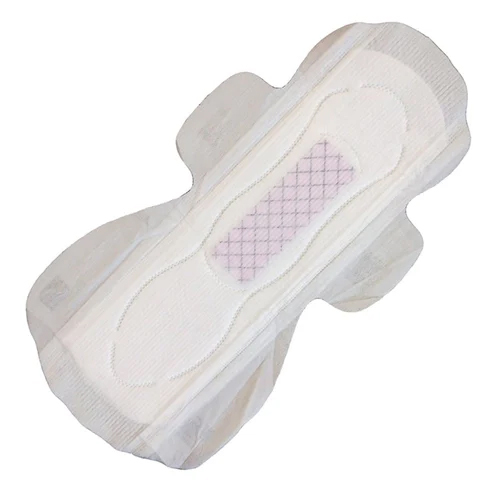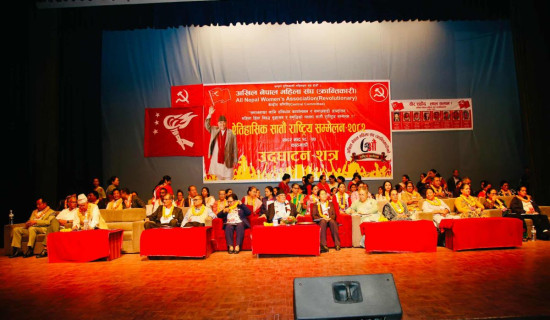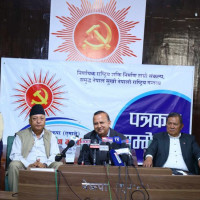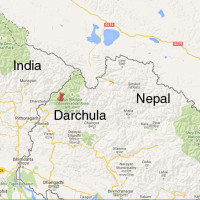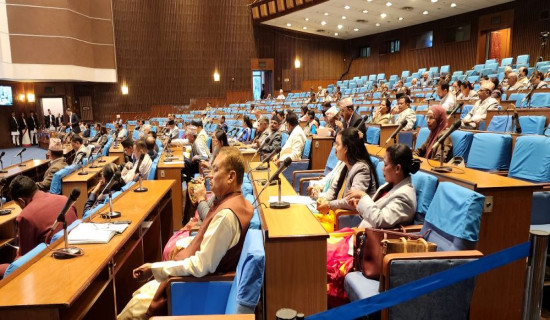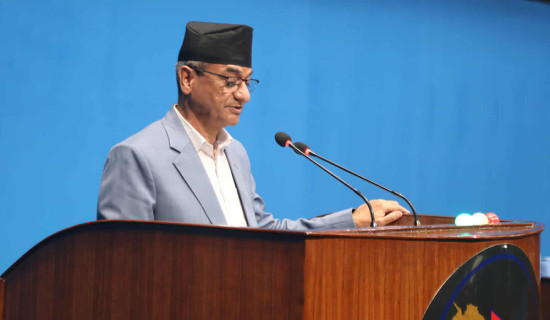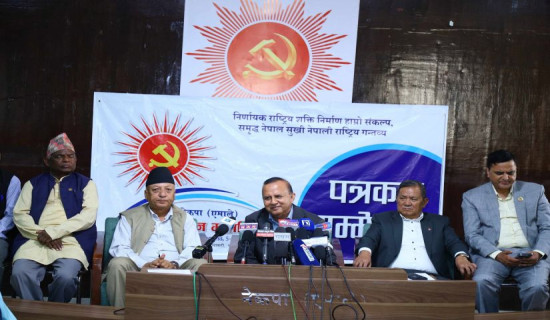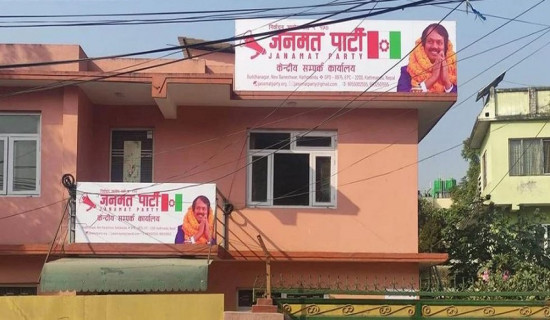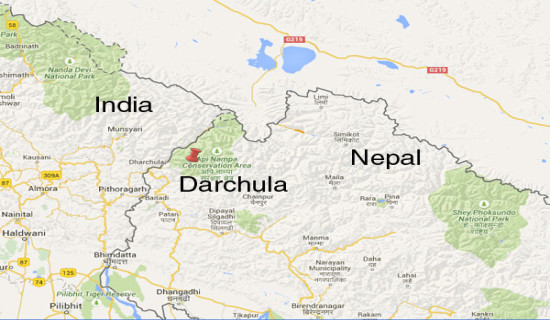- Wednesday, 3 September 2025
Sanitary pads meant for girls go waste in stores
By Gokarna Dayal
Baitadi, Sept. 3: National laws prohibits the Chhaupadi practice, a traditional and harmful custom that forces menstruating women and girls into isolation. But it is still deep-rooted in Nepal’s rural districts like Baitadi.
Even school-going girls continue to fall victim to this practice. They are forced to live in cow sheds or basements during their menstrual period.
Ironically, while efforts to promote menstrual hygiene are being made through the procurement of sanitary pads for schoolgirls, these supplies are gathering dust in government store room instead of reaching those in need.
Unused sanitary pads
Ten local bodies of Baitadi District collectively spend nearly Rs.10 million annually on sanitary pads meant for schoolgirls.
However, rather than distributing these pads throughout the year as mandated, most municipalities tend to purchase them at the fiscal year’s end, simply to exhaust budgets. The products are then abandoned in storeroom without ever being distributed.
According to the Office of the Auditor General, Dogadakedar Rural Municipality procured 12,340 sanitary pads worth Rs. 999,520 at the end of the 2023/24 fiscal year, but failed to distribute them to students.
Similarly, Melauli Municipality spent Rs. 799,814 on 20,000 sanitary pads, which remain unused in local storage. In Shivanath Rural Municipality, sanitary pads were purchased for Rs. 940,000, yet no quality verification was conducted, violating procurement standards. Meanwhile, Purchaudi Municipality bought 11,770 pads worth Rs. 997,000 for 3,135 girls but, again, at the fiscal year's end.
Poor quality products
Even in schools where the sanitary pads have been distributed, students report dissatisfaction. Many girls claim the pads fail to adequately absorb menstrual flow, indicating poor quality and lack of regulation.
Narendra Prasad Awasthi, Chief of the Education Development and Coordination Unit in Baitadi, acknowledged the issue.
He suggested that instead of providing substandard pads, funds could be directly transferred to school accounts to be given as cash to students, allowing them to purchase better-quality products themselves.
“This would reduce complaints related to procurement, logistics, and quality control,” said Awasthi.
No discussion on ending Chhaupadi
While the government has criminalised Chhaupadi, it is found prevalent in many villages of Baitadi. Local governments have failed to initiate community dialogues or advocacy to eradicate this harmful practice.
Devdatta Kalauni, Headmaster of Manilek Model Secondary School in Melaulee, said, “While more girls are now attending school during their monthly cycle, Chhaupadi will only end when it is eliminated from the home itself.”
The menstruating girls and women are still prohibited from consuming dairy products, touching others, or entering kitchens.
“There has been no serious advocacy to free girls from these taboos and promote dignity and hygiene during menstruation,” Kalauni added.
The government funds are being allocated for menstrual health, yet girls continue to suffer due to poor planning, mismanagement, and persistent cultural taboos, he added.

